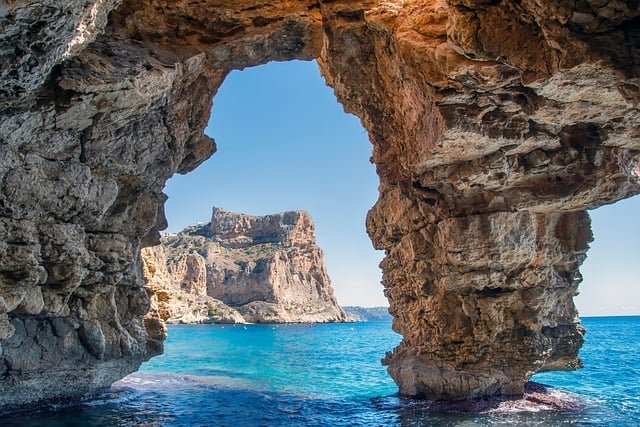Choosing the right beverage storage is crucial for any connoisseur. This article explores the distinct purposes of wine and beverage coolers, detailing why a specialized unit for each is essential for preserving flavor, aroma, and overall quality. Understanding these differences ensures your collection is stored under perfect conditions.
The Science of Optimal Storage: Why Temperature and Humidity Matter
The fundamental difference between a wine cooler and a general beverage refrigerator lies in their environmental control. Wine is a delicate, living product that continues to evolve in the bottle. For it to age gracefully and reach its peak, it requires a consistent, cool temperature, typically between 45°F and 65°F (7°C and 18°C), depending on the varietal. More critically, humidity must be maintained around 50-70% to prevent corks from drying out, which would allow oxygen to spoil the wine. A dedicated wine cooler is engineered to maintain this precise humidity level, something a standard fridge cannot do. Furthermore, wine coolers minimize vibration from the compressor, as agitation can disturb the sediment in aged wines and accelerate chemical reactions that degrade quality.
Design and Functionality: Tailored for Different Contents
Beyond climate, the physical design of each unit serves its intended contents. Wine coolers almost exclusively feature wooden or coated wire shelves designed to cradle bottles on their sides. This keeps the cork moist and in contact with the wine, ensuring a tight seal. In contrast, a beverage cooler is designed for versatility. Its shelves are configured to hold a wide array of can and bottle sizes—from soda cans and beer bottles to sparkling water and juice containers. These units often cool to a much lower, universal temperature, ideal for immediate consumption but far too cold for long-term wine storage. For those with diverse needs, a wine and beverage cooler combo unit offers separate, independently controlled zones, providing the perfect environment for both fine wines and everyday drinks in a single appliance.
In summary, the choice between a wine cooler and a beverage refrigerator is not merely aesthetic; it is a decision based on preservation science. While a beverage fridge offers broad, cold storage for immediate drinking, a wine cooler provides the precise, stable conditions essential for aging and protecting fine vintages. Investing in the right storage solution guarantees that every drink, from a rare Bordeaux to a craft soda, is enjoyed at its absolute best.
